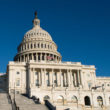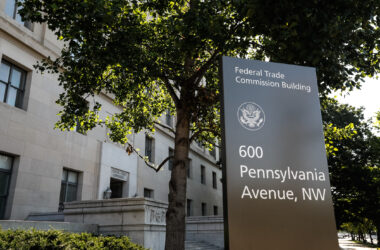The labor market started 2023 strong.
According to the Bureau of Labor Statistics, the U.S. added 517,000 jobs in the month of January. The unemployment rate also remained near a historic low at 3.4 percent.
The amount of jobs added in January were almost double the 260,000 increase in December. In November, the economy added 290,000 jobs.
Leisure and hospitality added 128,000 jobs last month, an increase of 39,000 from the 2022 monthly average. The field remains 2.9 percent, more than 400,000 jobs, below its pre-pandemic level.
Approximately 82,000 jobs were added in the professional and business services sector. Government employment increased by 74,000 and healthcare added 58,000 jobs.
Retail trade, construction, transportation and warehousing and social assistance all added more than 20,000 jobs in January.
Earnings also went up in January. The average earnings rose by 10 cents to $33.03 per hour. In the past year, the average hourly earnings have increased by 4.4 percent.
Production and nonsupervisory wages also increased by 7 cents to $28.26 last month.
The average work week grew to 34.7 hours, an increase of 0.3 hours. In manufacturing, the week grew by 0.4 hours to 40.5 hours.
The unemployment rate is down 0.6 percent from January 2022, when it was at 4 percent. The rate ended 2022 at 3.5 percent.
The strong labor report follows the Federal Reserve raising interest rates last week by 25 basis points in its continuing efforts to slow inflation. Inflation has been slowed from a high of 9 percent in June to 5 percent in the most recent numbers. The Fed’s target rate is 2 percent.
Federal Reserve Chairman Jerome Powell pointed out in his remarks the labor market has not been impacted by their efforts to slow inflation.
“Disinflation has not come at the expense of a strong labor market,” Powell said. “Unemployment remains near a 50-year low and job vacancies are high.”









